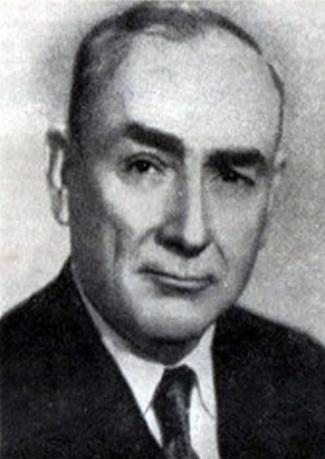Abbas Panahi Makulu
Birth date:
01 May 1900
Death date:
29 September 1971
Abbas Panahi Makulu (Panahi Makulu) was born in the city of Maku (Iran). He received his first education at the Khoy city madrasah, then at the modern-type "Kheyriyya" school. At the age of fifteen, he began writing satirical poems in his native language. In 1923, he read his poem "New Turkish Alphabet" at a meeting in Tbilisi where the problem of switching from the Arabic alphabet to the Latin alphabet was discussed. His first prose work, called "Parishan", later published under the title "Sirli choban", took second place in a competition held by the "Yeni fikir" newspaper. After that, he wrote stories, narratives, novels, and feuilletons explaining the socio-political processes in Iran one after another. Returning to Iran in 1928 due to his father's illness, Abbas faced certain life difficulties, which led to a break in his literary work for a while. During this period, he was engaged in political activity. In 1936, he was arrested for his political views and exiled to Zanjan. Since 1941, a new stage in the writer's literary activity began. As an employee of the "Azerbaijan" newspaper, he wrote feuilletons and critical articles reflecting the events of the time. He became a member of Seyid Jafar Pishevari's Azerbaijan Democratic Party and was elected to the party's leading bodies. He was the head of the Political Department in the national government, and during this period he worked mainly as a public and political figure. After the overthrow of the national government in 1946, he came to Baku. One after another, he wrote historical novels such as "Fighters", "Sattarkhan", "Secret Prison", "Khiyabani", "Heydar Amioglu", "Khajalar". Abbas Panahi Makulu, a fiery fighter for the independence and unity of Azerbaijan, died in Baku in 1971. After his death, in 1972, the novel "Sattarkhan" was published in Moscow in a print run of 100,000 copies.



